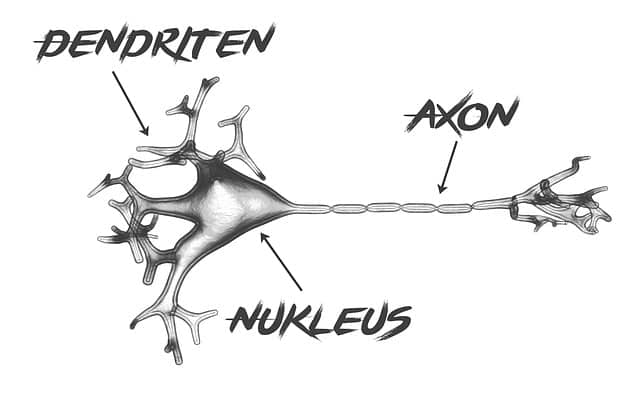
Ever Feel Like Your Feet Forgot to Tell Your Brain What They’re Doing?
You’re walking across the living room when suddenly—you wobble. It’s not that the floor betrayed you. It’s that your nerves and sensation (a key part of your balance system) may not be working as quickly as they used to.
When it comes to balance, we’ve talked about muscles, posture, and flexibility. But here’s another unsung hero: your nerves. Without them, your brain is basically flying blind.
What Is Sensation, Really?
Sensation is your body’s internal “radar system.” It tells your brain:
Where your feet are (even in the dark).
If the floor is cold, hot, soft, or hard.
Whether you just stepped on Legos (ouch).

All of this happens thanks to your nervous system—your brain, spinal cord, and nerves constantly exchanging information like texts between best friends.
The Aging Nervous System: Why It Matters for Balance
Here’s the not-so-fun part: after age 40, the brain slowly shrinks (about 6–7% by the time you’re 80). Your “little brain” in the back—aka the cerebellum—also loses size. And guess what? That cerebellum is basically your body’s balance control center.
Meanwhile, nerves themselves lose efficiency. They shed their “myelin sheath” (a protective coating that helps messages travel fast). With slower signals:
You might not notice you’re losing balance.
Even if you do, your muscles don’t get the “catch yourself!” message in time.
Result: your body reacts too late, and... down you go.

Nerves: The Body’s Info Highway
Think of nerves as highways carrying info back and forth:
Brain → Nerves → Muscles = “Move!”
Feet/Legs/Hands → Nerves → Brain = “Here’s what’s happening!”
When this system works, your brain constantly adjusts to keep you steady. When it doesn’t… well, you might feel like you’re walking on glass, standing on marshmallows, or just plain numb.
Common Nerve Troublemakers
Diabetes → damages the tiny vessels feeding your nerves, leading to neuropathy.
Injuries/Pinched Nerves → block or irritate the nerve signals.
Aging/Neurological Conditions (like MS) → wear down nerves or myelin.
Sometimes nerves get too sensitive (pins-and-needles). Sometimes they get too quiet (numbness). Either way, your balance suffers.
Can You Improve Nerve Health?
Yes! But it depends on the cause. Here are some steps:
- See your doctor or neurologist. They can test and recommend treatments or medications.
- Manage diabetes. Keeping blood sugar steady protects your nerves long-term.
- Nutrition. Research (like Dr. Terry Wahls’ work) shows diet can support nerve health.
- Physical therapy. PTs use special exercises, desensitization techniques, and nerve mobilizations to improve function.

Simple PT-Approved Balance Exercise
Here’s a safe exercise we often prescribe (with supervision):
Stand in a kitchen corner (backsplash and counter nearby for safety).
Place a foam pad or firm pillow under your feet.
Stand tall with arms at your sides.
Hold your balance for 30 seconds, three times.
Pro tip: put non-slip liner under the pad so it doesn’t slide. This challenges your nerves and brain to work harder at keeping you steady.
Why This Matters
Nerves are the silent MVP of balance. When they’re sharp, your body corrects itself before you even notice you’re tipping. When they’re dulled, you’re left one step behind—literally.
But with the right care, exercises, and awareness, you can keep your nervous system helping you, not tripping you.

Next Steps
Want practical, step-by-step strategies to reduce your fall risk? That’s exactly what I cover in my free webinar: 3 Secrets to a Fall Proof Life.

